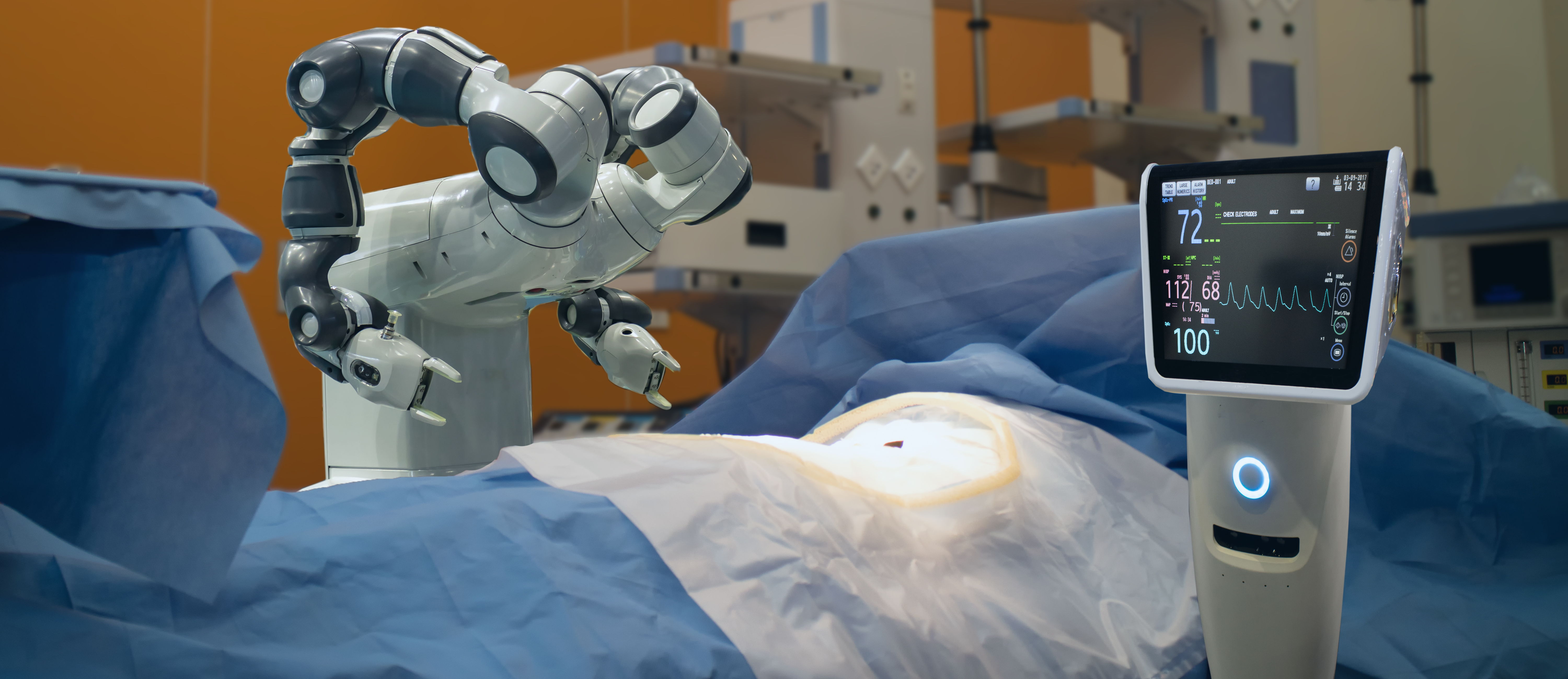
AI can detect breast cancer as well as radiologists.
Or so says a recent study of an AI tool developed by Google’s DeepMind AI unit and tested in conjunction with clinical researchers at the UK’s Cancer Research UK Imperial Centre, Northwestern University and Royal Surrey County Hospital.
The study, published recently in the scientific journal Nature, tested the accuracy of Google’s AI tool, which examined mammogram images from tens of thousands of women in the United States and the United Kingdom.
According to reports, the study authors say that “the AI system outperformed both the historical decisions made by the radiologists who initially assessed the mammograms and the decisions of six expert radiologists who interpreted 500 randomly selected cases in a controlled study.”
While radiologists have access to patient histories and prior mammograms, the AI model only processed the most recent anonymized mammogram with no extra information. "Despite working from these X-ray images alone, the model surpassed individual experts in accurately identifying breast cancer," Shravya Shetty, technical lead at Google Health and Daniel Tse, M.D., product manager at Google Health wrote in a blog post.
"Looking forward to future applications, there are some promising signs that the model could potentially increase the accuracy and efficiency of screening programs, as well as reduce wait times and stress for patients," they wrote.
In addition, the software’s review of mammograms resulted in a reduction in the number of false negatives, where existing cancer goes undetected, as well as in the number of false positives, where tests wrongly show signs of cancer.
Compared to human experts, the number of false negatives fell by 9.4 percent in the U.S. and by 2.7 percent in the UK, while the number of false positives dropped by 5.7 percent in the U.S. and 1.2 percent in the UK.
Google Health says researchers trained the AI system using mammograms from more than 76,000 women in the UK and more than 15,000 from the U.S.
According to the American Cancer Society, clinicians fail to find about 1 in 5 of all breast cancers, and about half of the women getting annual mammograms over a 10-year period will have a false positive finding at some point.
The study’s authors wrote in Nature that the “performance of even the best clinicians leaves room for improvement,” and the “AI may be uniquely poised to help with this challenge.”


